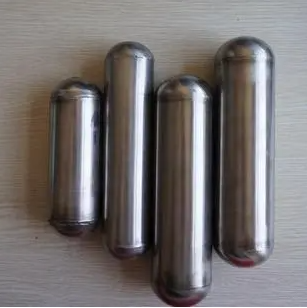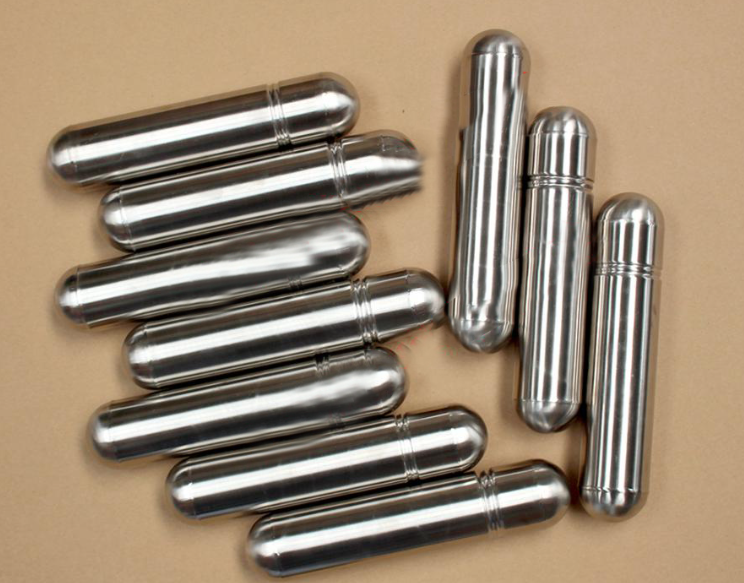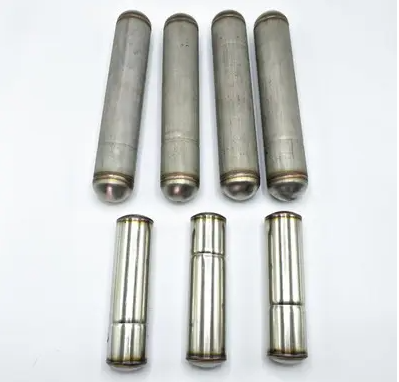BETTER TOUCH BETTER BUSINESS
Contact Sales at KAIDI.
The float level meter is a kind of instrument commonly used in industry. Its main function is to use the float to float up and down on the liquid surface to measure the height of the liquid level. The material of the liquid level meter can affect its performance, because different materials have different properties and characteristics, and these properties and characteristics can directly affect the performance of the float level meter. In this article, we will discuss the effect of the material of the float level gauge on its performance.
In the float level meter, the material of the float is one of the important factors. At present, floats can be made of a variety of materials, such as glass, metal, plastic and so on. Different materials of floats have different advantages and disadvantages, and in different application environments will show different performance. The following will be based on the application environment and use requirements of the float level transmitter, analyze the impact of different materials on the performance of the float level meter.

Glass float
Glass float is a common float material, high transparency, will not affect the chemical properties of the liquid. The disadvantage of the glass float is that it is fragile and cannot be used in high temperature and pressure environments. In addition, in the environment of corrosive liquids, glass floats are also less suitable because they can corrode and cause breakage.
Metal float
Metal floats are robust and can withstand high temperatures and high pressure environments. However, metal floats are also less suitable for corrosive liquids. The disadvantage of the metal float is that it is easy to rust, resulting in loose and damaged level gauges. In addition, the metal float may also affect the chemical properties of the liquid through electrochemical reactions.

Plastic float
Plastic float is a commonly used float material, durable, and has a certain resistance to corrosive liquids. The disadvantage of the plastic float is that it is not transparent, can not directly see the liquid level, and is not convenient to use. In addition, under high temperature and pressure, the plastic float may soften or deform.
In addition to the float material, the material of the other components that make up the float level gauge can also affect performance. For example, the container of the float level meter is usually made of glass or stainless steel. Glass containers are suitable for some applications where transparency is strictly required, but glass products are fragile and need to be careful when used; Stainless steel containers are stronger and more durable, but they are also heavier than glass and prone to corrosion.

When using a float level meter, it is necessary to consider the nature of the liquid and the requirements of the environment to select the correct material. For example, when using corrosive liquids, float materials and container materials that are resistant to corrosive liquids should be selected to avoid equipment damage and ensure the accuracy of the level meter. In the environment of high temperature and pressure, the float material and container material that can withstand high temperature and pressure should be selected.
We are here to help you! If you close the chatbox, you will automatically receive a response from us via email. Please be sure to leave your contact details so that we can better assist